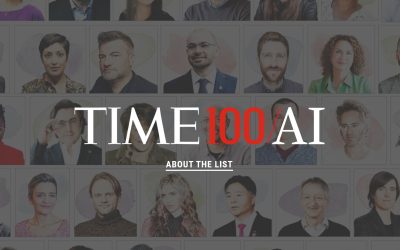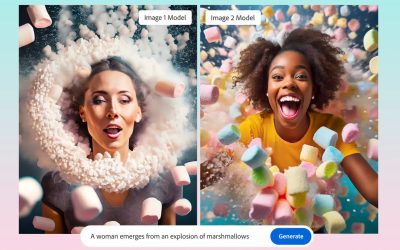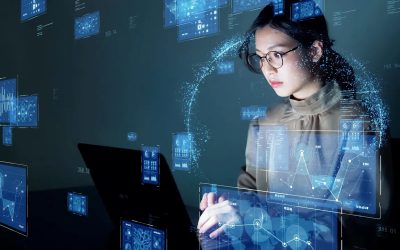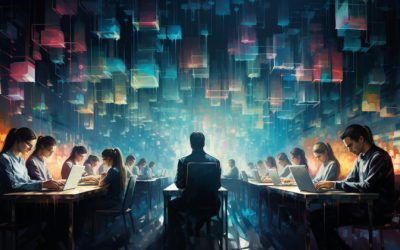Experts in various industries, including medicine, law, retail, film, tech, education, and agriculture, were asked about how they believe AI will change the nature of work and the labor force in their specific industries. In medicine, AI has the potential to reduce the administrative burden on healthcare workers, but it cannot replace the empathetic nature of human clinical professionals. In law, AI is likely to automate many legal tasks, but lawyers will still be needed to exercise judgment and tailor AI system output for specific situations. In the art world, AI-generated art is not seen as a threat to artists, but rather as a tool to push the boundaries of creativity further. In retail, AI will allow for a more personalized shopping experience but may lead to low-paid jobs such as those involved in ‘prompt engineering’ for film. In tech, AI will boost productivity and make the work of software developers easier, while in education, AI will allow for more personalized learning and teacher assistance. Finally, in agriculture, AI will allow for improved crop yields, resource allocation, and waste reduction, while autonomous robotic systems can help to alleviate labor shortages.
Why This Award-Winning Piece of AI Art Can’t Be Copyrighted
The US Copyright Office has ruled that an award-winning piece of AI art is not eligible for copyright. The artwork, Théâtre...






0 Comments